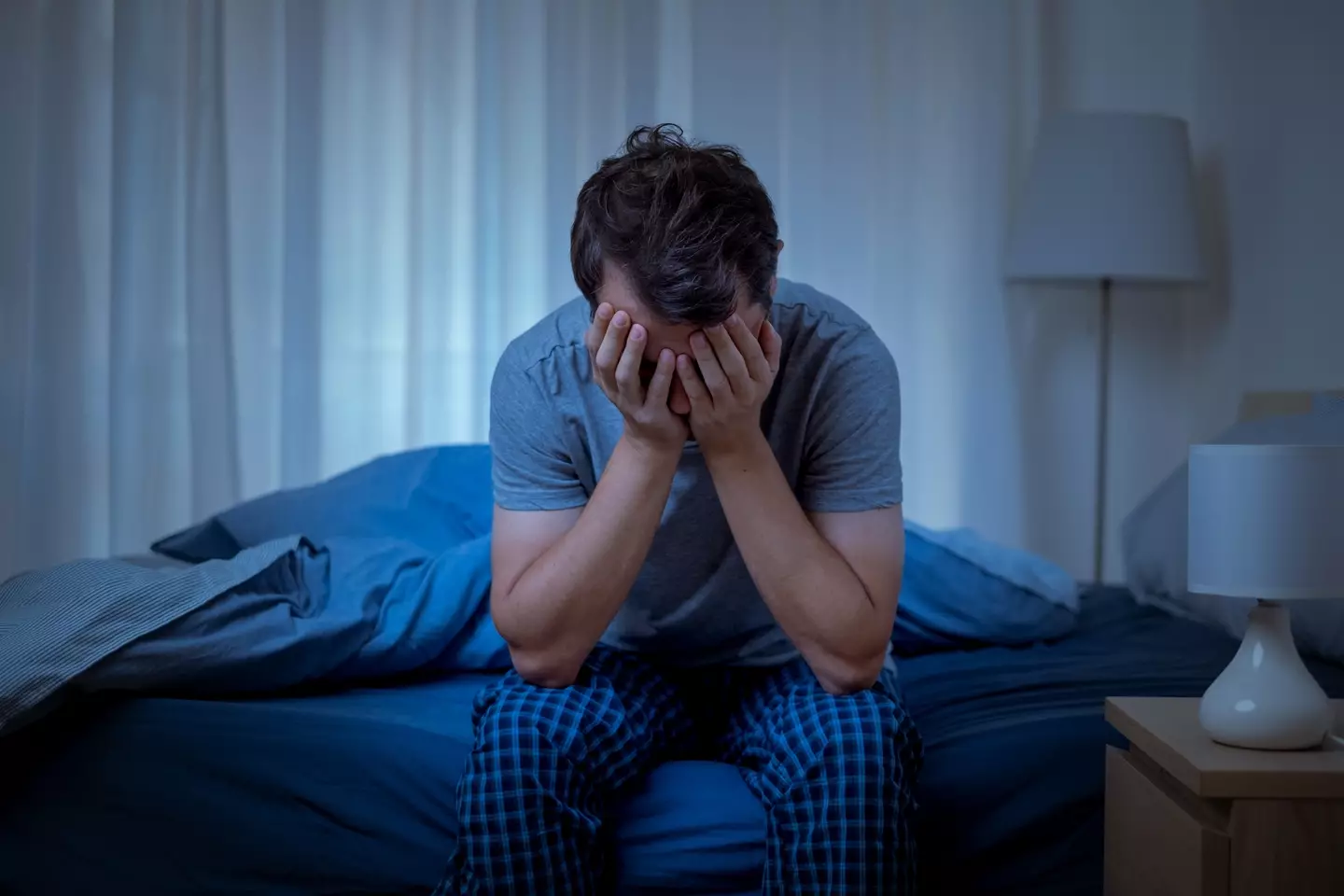
It feels like ever since we heard Chris Hemsworth has genes associated with Alzheimer's disease at the young age of just 39, we're more aware of it.
I say young age of 39 - the Aussie actor is a lot older than the majority of our audience, but dementia typically first appears in your mid-60s.
And although Thor hasn't actually shown any symptoms, he found out during the shooting of his show Limitless that he possessed a gene that's been linked to an increased risk of Alzheimer’s disease.
Well, now, a team of scientists believe that people who are extra sleepy during the day may have a very specific pre-dementia syndrome. So if you're newly concerned that you might be at risk, listen up.
Advert
What's the difference between Alzheimer's and dementia?
Okay, before we move on, we've mentioned both Alzheimer's and dementia, so I'll quickly bring those who don't know the difference between the diseases up to speed.
Symptoms of Alzheimer's include forgetfulness, while other forms of dementias can cause hallucinations, stiffness, and anxiety.
Where they both overlap is the state of 'confusion' it leaves those living with the diseases in.

Why is sleepiness linked to pre-dementia?
So, let's get into this study - which was only published in the medical journey of the American Academy of Neurology yesterday (November 6).
The scientists examined 445 people with an average age of 76 who did not have dementia.
Now, this could be the worrying part for those of us who have a tendency to self-diagnose ourselves.
They quizzed participants on how well they slept at the start of their investigation, asking if they have difficulty falling asleep within half an hour, take medicine to help get them to sleep, feel too hot or cold while attempting to sleep, or whether they wake up in the middle of the night.
Then, once a year for three years, they asked them if they had any memory issues, and tested how fast they could walk on a treadmill.
It's important to note that they only tested elderly people, and they asked how much of a problem they have to keep their enthusiasm up enough to get things done.
Their research concluded that senior citizens who have sleep-related issues are more likely to develop motoric cognitive risk syndrome, a condition which occurs before dementia - although it is not definitive, it is just associated with the disease.

Out of all the participants, 177 were defined as 'poor sleepers', with the remaining being 'good sleepers'.
At the beginning, only 42 people already had the pre-dementia condition, but in the space of three years, an additional 36 participants developed it.
Over a third, 35.5 percent, of those with a lack of enthusiasm and excessive daytime sleepiness developed the syndrome, while just 6.7 percent of participants without those issues developed it.
Study author Dr Victoire Leroy, of Albert Einstein College of Medicine, in New York, urged: "Our findings emphasize the need for screening for sleep issues.
"There’s potential that people could get help with their sleep issues and prevent cognitive decline later in life.”